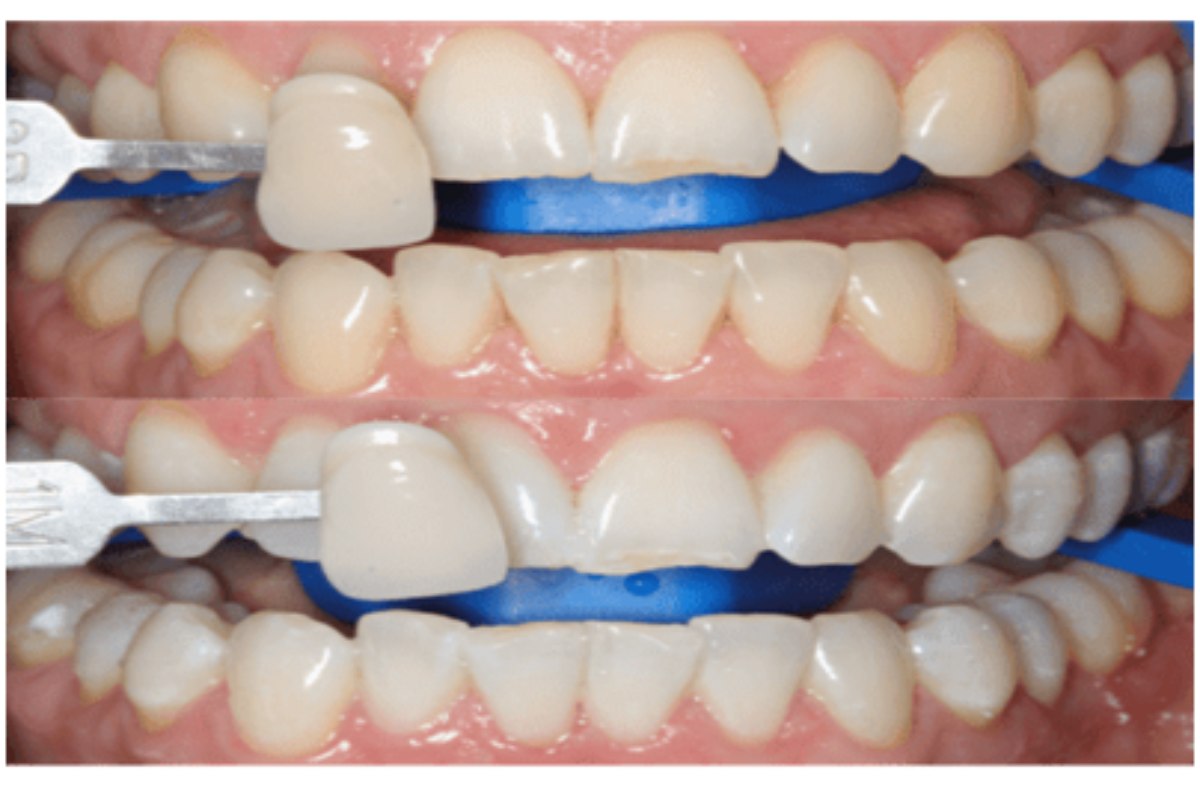Dentists understand that patients are often confused, anxious and overwhelmed when they come in for their first dentist visit. That’s why we want to provide you this little guide on how to care for your teeth. We will cover everything from brushing techniques, tooth sensitivity and what you can do about it. After reading this dentist Westleigh manual, you should feel more confident about taking care of your sensitive teeth.
Causes of Tooth Sensitivity
Every periodontics specialist and an oral surgeon says that one harmful habit is aggressively brushing your teeth with a hard-bristled toothbrush. If you brush too hard, the outer layer of enamel that protects our teeth can wear away, exposing dentin nerve endings that send signals when stimulated, causing pain.
It’s not just tightness around your jaw that can make you grind or clench. It could also be a sign of insensitivity, aging, and gum disease, resulting in less enamel on top of being exposed to hot/sugary foods, leading to more sensitivity.
Acid reflux can also cause tooth sensitivity. This is because it wears down the enamel on your teeth. As a result, it makes them prone to cavity formation, which is why it’s crucial not only for you but also for people with sensitive mouths that want healthy smiles.
Dental work is another potential contributor to sensitive teeth. For instance, people may experience sensitivity after filling because their tooth gets used to the new material. Some also report discomfort from procedures such as professional whitening.
Tricks For Treating Teeth Sensitivity Issues
Try not to overdo the acidic, sugary, or sticky foods that could be causing tooth sensitivity. If you find one particular food that makes your teeth more sensitive, then avoid it for now and see a dentist in Westleigh who will help diagnose what’s going on.
If you want to try and soothe your teeth, consider toothpaste for a sensitive mouth. These formulas contain potassium nitrate, which temporarily blocks the microscopic holes on enamel that allow irritants like cold air or chewing food into our body when they should not be reaching nerve endings.
It is because it’s less likely than before, thanks partly to its ingredient fluoride helping strengthen these structures just as much as moisturizing them. You could also use night guards if needed. This will keep forces off of oneself by preventing bruxism (teeth grinding).
If you have any queries about tooth bonding, talk with your dentist. They can advise whether it is a good idea to cover root areas of teeth exposed to periodontal disease or if this would only cause more problems for them in the future.
To Conclude
If you find that hot foods make it painful to chew and swallow, you should see your dentist. Many people experience an occasional burning sensation in their mouth. However, this could be a sign of something more severe like an abscess or dental nerve irritation, which requires immediate attention from the doctor to diagnose what is causing the pain before accidental injury occurs.

